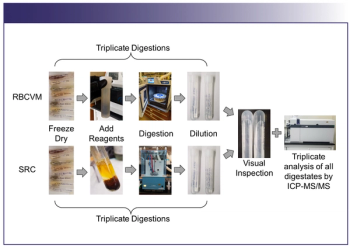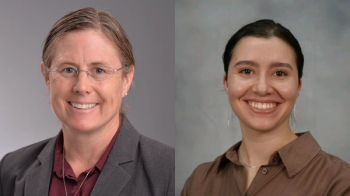
Exploring the Molecular Universe with Spectroscopy: An Interview with Gabi Wenzel
Spectroscopy sat down with Gabi Wenzel, SAO visiting scientist at the Center for Astrophysics, to discuss how spectroscopy is being used to explore the molecular universe.
Gabi Wenzel is an experimental physicist with a focus on astrochemistry and molecular spectroscopy. She earned her PhD in laboratory astrophysics at the Institute for Astrophysics and Planetology Research (IRAP) in Toulouse, France, where she investigated how cosmic polycyclic aromatic hydrocarbons (PAHs) interact with ultraviolet and infrared light—shedding light on their relaxation mechanisms in the gas phase. Her work bridges laboratory experimentation and astronomical observation, with the aim of deepening our understanding of the molecular complexity of the universe.
Currently, Wenzel conducts research in the McGuire group at MIT and the McCarthy group at the Center for Astrophysics, Harvard & Smithsonian (CfA), where she specializes in rotational spectroscopy of PAHs. She developed a compact chirped-pulse Fourier transform microwave (CP-FTMW) spectrometer at MIT for broadband studies and uses high-resolution cavity-enhanced FTMW spectroscopy at the CfA to complement these efforts.
As part of our celebration of National Space Day, Spectroscopy sat down with Wenzel to discuss how spectroscopy is being used to explore the molecular universe.
Newsletter
Get essential updates on the latest spectroscopy technologies, regulatory standards, and best practices—subscribe today to Spectroscopy.




